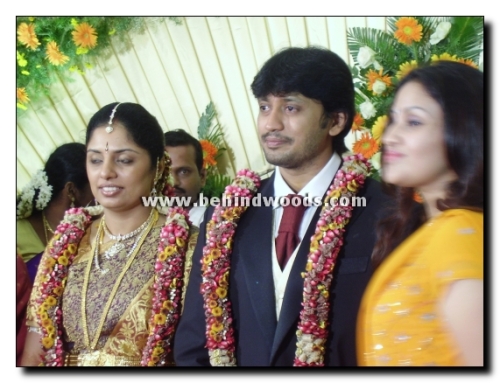Justice Dhingra explains defamation in this judgment. In other words, he explains the meaning of defamation and when to file or not file for defamation.
7.Under law of defamation, the test of defamatory nature of a statement is its tendency to incite an adverse opinion or feeling of other persons towards the Plaintiff. A statement is to be judged by the standard of the ordinary, right-thinking members of the society at the relevant time. The words must have resulted in the Plaintiff to be shunned or evaded or CS (OS) 569.06 Prof. Imtiaz Ahmad vs. Durdana Zamir regarded with the feeling of hatred, contempt, ridicule, fear, dislike or dis- esteem or to convey an imputation to him or disparaging him or his office, profession, calling, trade or business. The defamation is a wrong done by a person to another’s reputation. Since, it is considered that a man’s reputation, in a way, is his property and reputation may be considered to be more valuable than any other form of property. Reputation of a man primarily and basically is the opinion of friends, relatives, acquaintance or general public about a man. It is his esteem in the eyes of others. The reputation spread by communication of thought and information from one to another. Where a person alleges that his reputation has been damaged, it only means he has been lowered in the eyes of right thinking persons of the society or his friends/relatives. It is not enough for a person to sue for words, which merely injure his feeling or cause annoyance to him. Injury to feeling of a man cannot be made a basis for claiming of damages on the ground of defamation. Thus, the words must be such, which prejudice a man’s reputation and are so offensive so as to lower a man’s dignity in the eyes of others. Insult in itself is not a cause of action for damages on the ground of defamation.
In the event of the lodging of a false complaint, he explains what action to take:
Whenever a person makes a complaint against someone to the lawful authorities and in that complaint he makes imputations against the person complained of, it cannot be considered that the person has publicized or publicly made defamatory averments against a person. If a prosecution is initiated against the person on the basis of such averments and the person is acquitted holding that the complaint was false, then only a cause of action arises against the complainant for launching a case for false prosecution or for damages on other grounds. Until and unless a competent court holds that complaint was false, no cause of action arises.
Here is the judgment IA No.10367/2007:
J Dhingra-Explains-Defamation-2009
_____________________________________________-






Recent Comments